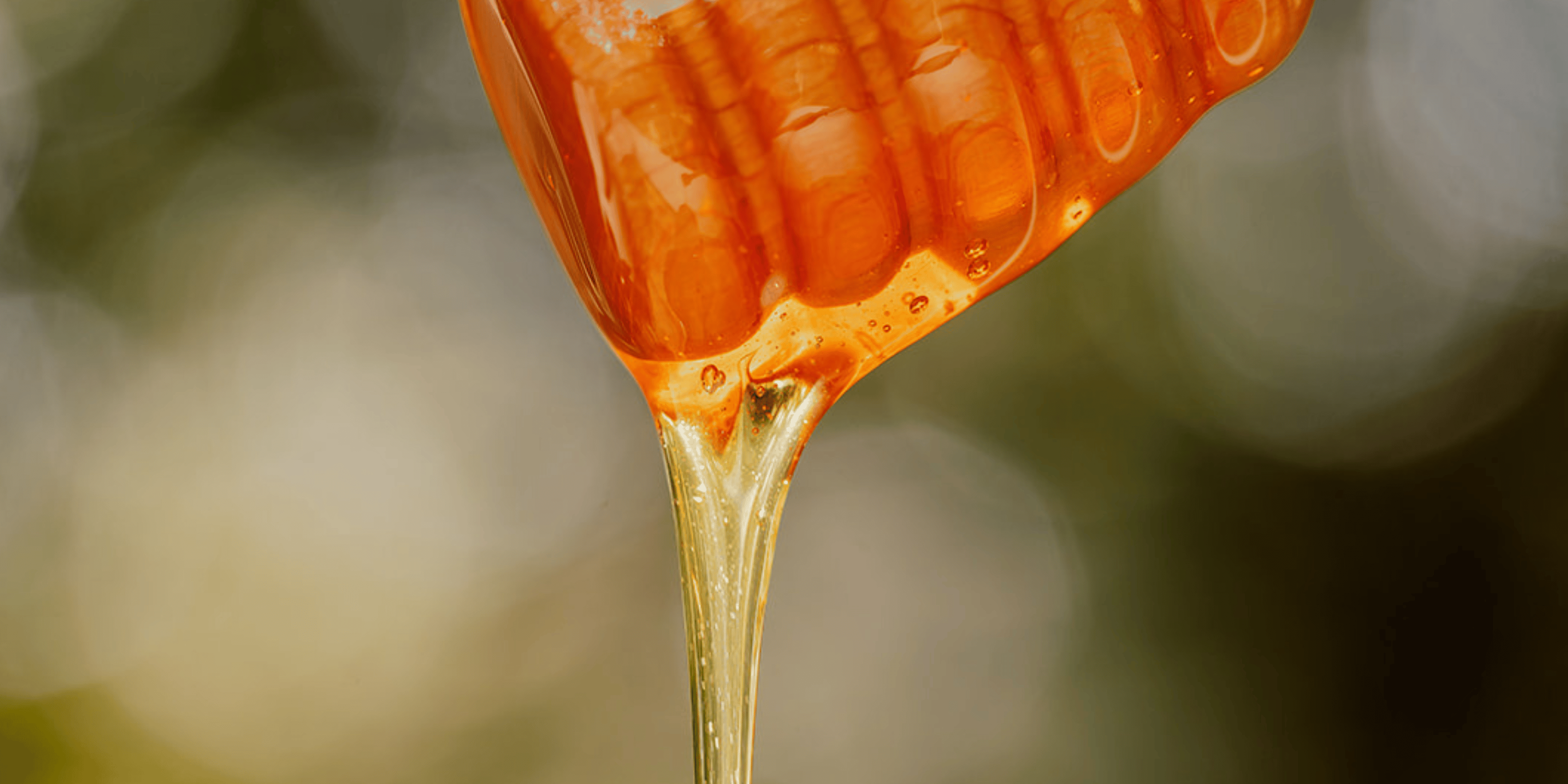
Why is Manuka Honey so Expensive?
Manuka honey has been gaining popularity in recent years for its unique properties and health benefits, but with that recognition comes a higher price tag.
So why is Manuka honey so expensive?
Summary:
- Limited supply drives up the price of Manuka honey due to its natural production process and the geographic restrictions of the Manuka tree.
- Unique properties and benefits, such as antibacterial and wound healing properties, make Manuka honey highly sought after and valuable.
- Manuka honey undergoes strict quality standards, ensuring that consumers are getting a pure and potent product, contributing to its high cost.
What Is Manuka Honey?
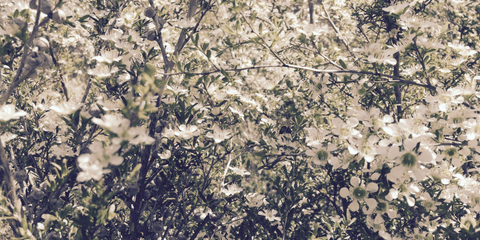
Manuka honey, originating from the nectar of the Manuka Tree (Leptospermum scoparium), is a unique and highly sought-after type of honey produced in Australia and New Zealand.
Renowned for its exceptional medicinal properties, Manuka honey is valued for its distinctive flavour and rich dark color. The Manuka bush, is native to these regions and is responsible for providing the valuable nectar that gives this honey its unique qualities.
Though it should be noted that whilst New Zealand has 1 bioactive species of Leptospermum, Australia has 15 bioactive species of Manuka trees.
The production process of Manuka honey involves careful cultivation and extraction methods to ensure its purity and potency. The honey's special antibacterial and healing properties are in demand for this natural remedy, particularly for alternative medicine and skincare.
How Is Manuka Honey Different From Other Types Of Honey?
Manuka honey sets itself apart from other types of honey due to its unique floral flavour, rarity, and the labor-intensive efforts involved in its production by dedicated beekeepers.
Manuka honey, known for its distinctive flavour profile, is renowned for its earthy taste, setting it apart from the more familiar varieties of honey.
What makes it special is its rarity, as it is exclusively produced from the nectar of the indigenous Manuka tree. The dedicated beekeepers meticulously tend to the hives, ensuring that the bees produce this exceptional honey with all its natural benefits intact, elevating its status. Its scarcity and exceptional quality make it a highly sought-after commodity.
Why Is Manuka Honey So Expensive?
The high cost of Manuka honey can be attributed to its exceptional quality, health benefits, and the stringent sustainable practices required for its production, which contribute to its premium UMF rating and MGO content.
The ethical production standards, such as limited processing and adherence to sustainable beekeeping practices, further elevate the value of Manuka honey, ensuring its purity and potency.
Limited Supply
Manuka honey production faces challenges such as variable weather patterns, including droughts and heavy rainfall, impacting the availability of nectar sources.
The ecological impact of intensive beekeeping practices on the native flora and fauna can affect the quantity of honey produced. These environmental factors contribute to the limited supply of Manuka honey and further highlight its premium status in the market.
Unique Properties and Benefits
Manuka honey has unique antibacterial and antimicrobial properties, derived from the presence of the potent antibacterial compound methylglyoxal (MGO), which contributes to its incredible health benefits and potency.
These distinctive properties make Manuka honey an effective natural remedy for addressing various health issues, including supporting digestive health and promoting wound healing. Its ability to inhibit the growth of harmful bacteria and fungi sets it apart from other types of honey.
Labor-Intensive Production Process
The production of Manuka honey entails a labor-intensive process, often carried out by sustainable and ethical beekeepers, to ensure the raw and unpasteurised nature of the honey, preserving its special properties and holistic nutritional benefits.
Manuka honey production needs meticulous care and attention to detail. The bees collect nectar from the Manuka tree's flowers, known for its antibacterial properties. The honey is then carefully extracted, sieved, and packaged without undergoing any heating or filtration processes, preserving its natural goodness. This commitment to authenticity and quality sets Manuka honey apart as a valued superfood.
What Are The Health Benefits Of Manuka Honey?

Manuka honey offers a myriad of health benefits, including its effectiveness against superbugs, promotion of tissue regeneration, and its association with the unique properties of the Manuka Tree (Leptospermum Scoparium).
The antibacterial power of Manuka honey, attributed to its high methylglyoxal content, makes it a potent remedy against bacterial infections, even those resistant to conventional antibiotics. Its ability to stimulate tissue growth and repair has been tested.
Antibacterial and Antimicrobial Properties
The antibacterial and antimicrobial properties of Manuka honey are well-documented, leading to its use by the medical industry for combating superbugs and addressing various health concerns.
Manuka honey's unique composition and high levels of methylglyoxal (MGO) give it exceptional antibacterial and antimicrobial strength, making it effective against a wide range of pathogens.
Its ability to create a hostile environment for bacteria by drawing moisture out of wounds and promoting healing has made it a preferred treatment for many medical professionals.
Research has shown its efficacy in treating antibiotic-resistant infections such as MRSA, demonstrating its potential as a powerful weapon against superbugs.
Wound Healing and Skin Health
Manuka honey is known for its effectiveness in wound healing and skin health, which comes from its rich antioxidant content and beneficial properties.
Manuka honey possesses unique antioxidant activity, protecting the skin from oxidative stress and promoting tissue repair. Its distinctiveness lies in the presence of MGO and NPA, compounds responsible for its potency.
Scientific studies have confirmed its effectiveness in wound treatment, making it a valuable natural remedy for skin health, and enhancing the body's healing processes naturally and gently.
Digestive Health
Manuka honey plays a pivotal role for its beneficial impact on the digestive system.
One of Manuka honey's unique properties is its ability to promote the growth of good bacteria while inhibiting the growth of harmful bacteria in the digestive tract, it can support a healthy microbiome. It also contains natural enzymes, and anti-inflammatory properties that support the body's digestive processes and can aid in soothing digestive discomfort.
The stringent production standards of Manuka honey ensure that it is free from chemicals, additives and pesticides, making it a pure and natural choice for digestive health.
Boosts Immune System
Manuka honey is known to boost the immune system, which signifies its diverse contributions to overall health and well being.
How To Choose and Use Manuka Honey?
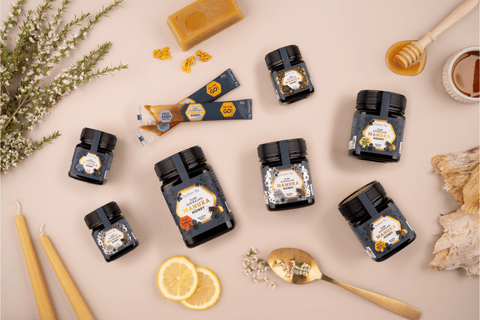
Selecting and using Manuka honey involves considerations such as MGO grading, ensuring authenticity, and the potential benefits of using raw, medical-grade varieties for specific purposes.
When choosing Manuka honey, it's critical to understand the grading system to ensure that you're getting the potency and quality you need. The Unique Manuka Factor (UMF) and Methylglyoxal (MGO) ratings are key indicators of the honey's medicinal properties. Authenticity is another essential factor as 'fake honey' exists.
Opting for raw, medical-grade varieties can maximise the potential health benefits, as they retain more of the natural enzymes and compounds that contribute to Manuka honey's unique properties.
What Are The Possible Side Effects Of Manuka Honey?
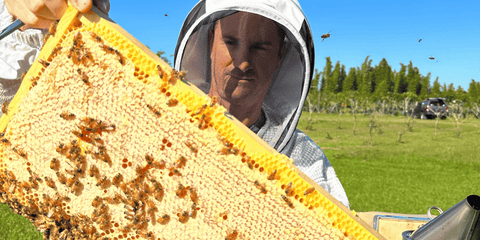
While Manuka honey offers numerous benefits, it is crucial to be aware of potential side effects, including the risk of allergic reactions to honey and bee products.
Is Manuka Honey Worth the Price?
Considering the numerous health benefits and the emphasis on purity and ethical production, many individuals believe that the exceptional quality of Manuka honey justifies its price.
Manuka honey's unique value lies in its superior antibacterial, anti-inflammatory, and antioxidant properties, setting it apart from other types of honey.
Sustainable and ethical production practices, such as the protection of the bee population and regenerative farmina, and sustainable harvesting methods, align with the growing consumer demand for transparent and environmentally responsible sourcing.
Frequently Asked Questions
Why is Manuka honey so expensive?
What makes manuka honey so expensive?
Manuka honey is expensive due to the limited supply and high demand for its unique healing properties.
How is the price of Manuka honey determined?
The price of manuka honey is determined by the MGO / UMF rating, with higher ratings commanding a higher price.
Why is Manuka honey more expensive than regular honey?
Manuka honey is more expensive than regular honey because it is produced by bees that feed on the nectar of the manuka bush, which only grows in certain regions of Australia and New Zealand.
What factors contribute to the high cost of Manuka honey?
The labor-intensive process of harvesting and processing manuka honey, as well as its limited production and strict quality standards, contribute to its high cost.
Is Manuka honey worth the high price?
Many people believe that the unique antibacterial and medicinal properties of manuka honey make it worth the high price for its potential health benefits.
Are there any affordable alternatives to Manuka honey?
Yes, there are other types of honey that offer similar health benefits at a lower cost, such as raw honey or medicinal honey, although they may not have the same level of potency as Manuka honey.
SCIENTIFIC RESEARCH
The fluorescence of MM1, leptosperin in Australian and New Zealand Manuka Honeys
The Antibacterial Activity of Australian Leptospermum Honey Correlates with Methylglyoxal Levels
Therapeutic Manuka Honey: No Longer So Alternative


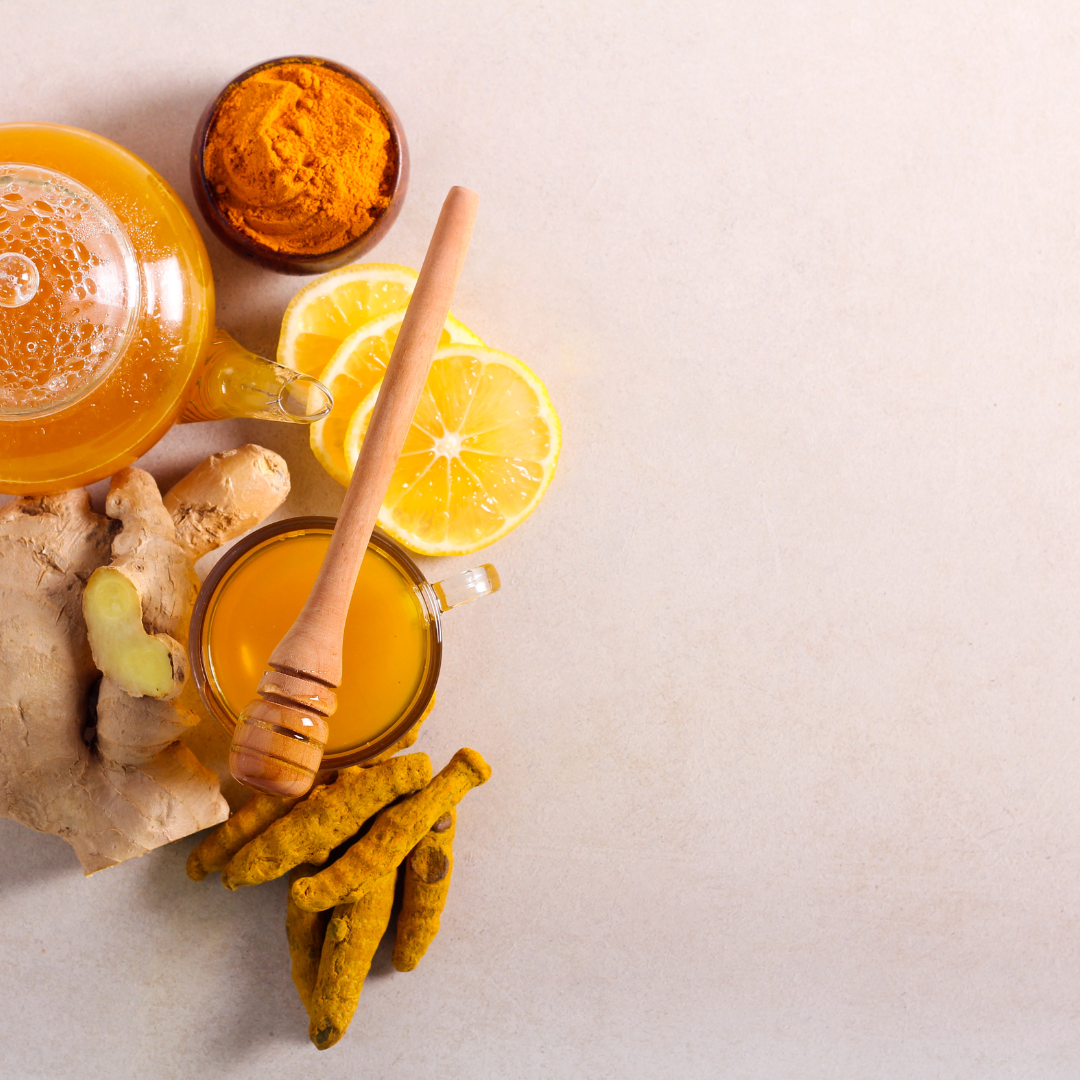
Leave a comment
This site is protected by hCaptcha and the hCaptcha Privacy Policy and Terms of Service apply.